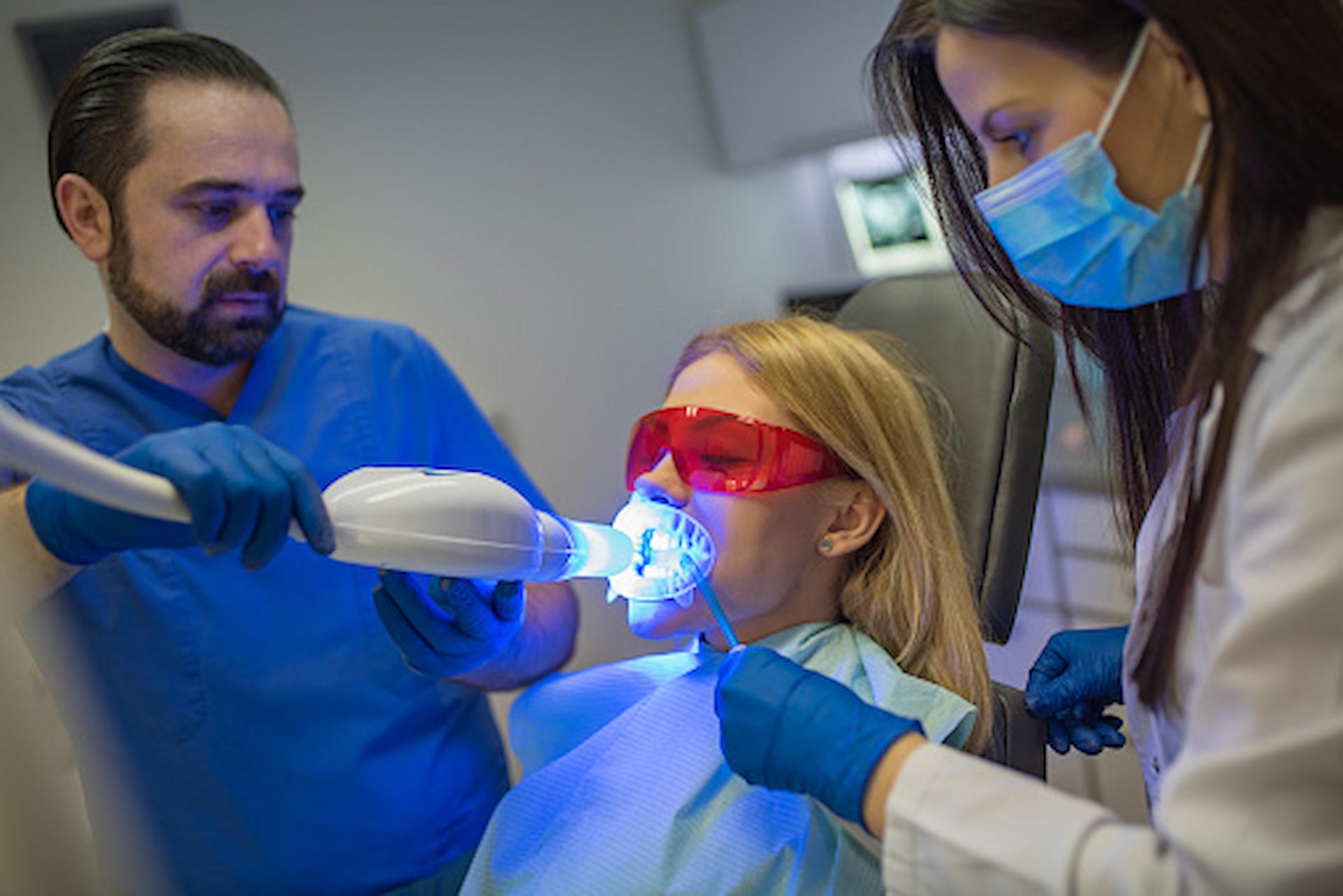If you have swollen gums or bad breath while brushing your teeth, it could be a possible sign of early gum disease. People can have gum issues even if they brush, floss, and maintain a regular oral hygiene routine properly. Thus, you must get timely evaluation and treatment from your dental care provider who can help to preserve your smile.
Gum disease can be described as gum infections that worsen over time. Early-stage of the issue is known as gingivitis, which includes symptoms such as gum inflammation, bleeding, etc. Some people might even experience no symptoms and the effects can be easily reversed with timely treatment.
Orthodontist London suggests that before any orthodontic treatment, it is essential that your gum and teeth must be in a healthy condition. This would ensure that the treatment will be executed without any issues.
Symptoms of Early Gum Disease
Some people might experience the following symptoms when they are in the early stage of gum diseases. Others might not experience the symptoms, but they still would have the infection which might be discovered at a later advanced stage.
- There is a persistent bad breath even after brushing and flossing your teeth regularly.
- If you have abnormally swollen, tender, and bleeding gums.
- If you experience a toothache or have painful chewing.
- If you have a loose permanent tooth.
- In case you are sensitive to hot or cold food or beverages.
- If the visible portion of your teeth appears longer due to the gums wearing off.
Do not ask your Orthodontist London to give you braces if you have gum disease. Instead, get it treated first by a dentist if it is in the early stage. For the advanced stages, regular cleanings would not be enough and you will have to undergo special treatment by an experienced periodontist.
Causes Of Early Gum Disease
Bacteria can get accumulated in your mouth and produce toxins that might irritate your gum tissues. If brushing and flossing are not executed properly, the bacteria form a thin layer of plaque on your teeth and below the gums, which hardens to form tartar. This cannot be removed easily and needs specialized tools by experienced professionals. Genetics can also be responsible for gum diseases. Some people are more susceptible to getting gum diseases, which is why they may acquire it even after maintaining their oral hygiene properly.
Whether you are facing any symptoms of early gum disease or not, it is essential that you contact your dentist and come for regular teeth cleaning sessions. It will not only help you get rid of plaque and other bacteria but will also ensure that you do not have any early signs of infections. Make sure to book an appointment at a nearby dental clinic once every six months.





